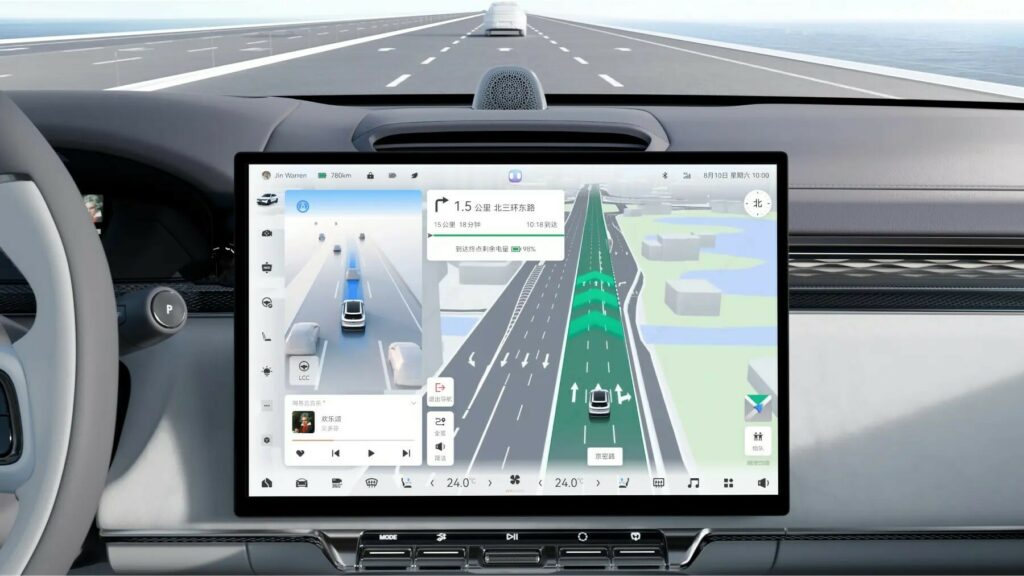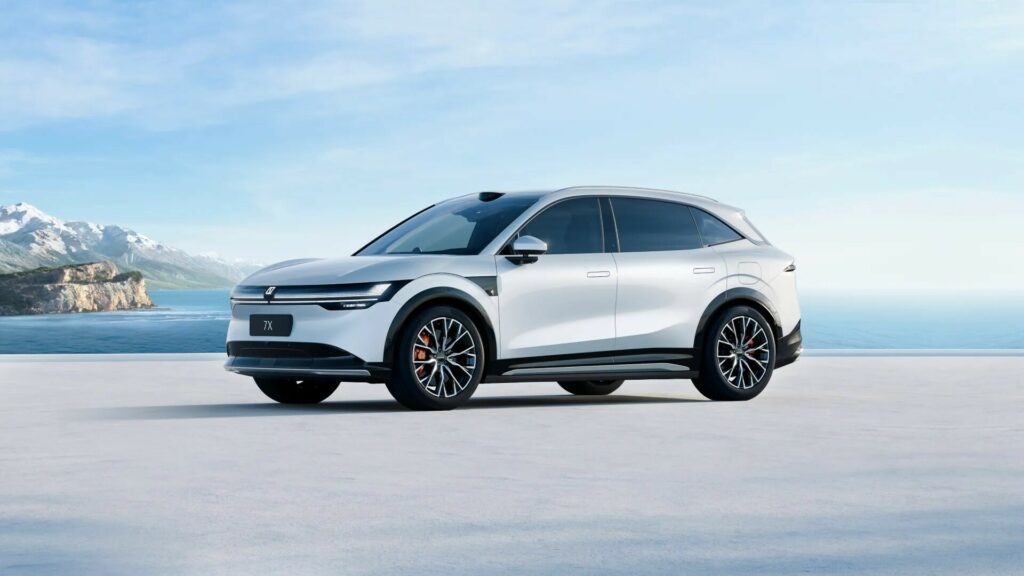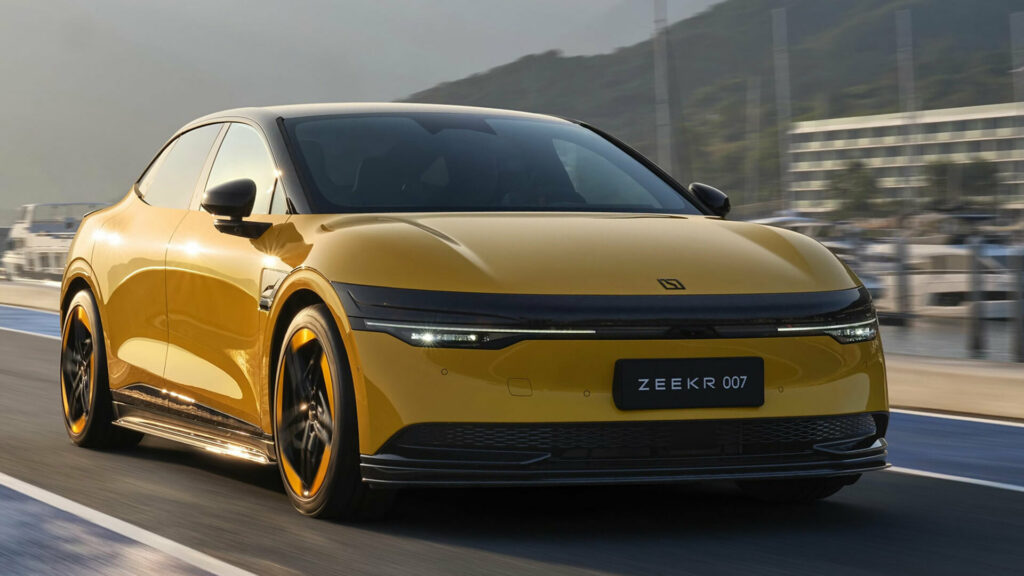–><!–
–><!—-><!—->
A newly proposed rule would ban the sale or import of certain vehicles and components over security concerns
September 23, 2024 at 15:50
 –>
–>

–>
- The United States is working to keep Chinese and Russian connected car technology out of the country.
- A newly proposed rule targets automated driving technology and connectivity systems including Bluetooth, cellular, satellite, and Wi-Fi.
- The government is concerned the technologies could be used to spy on infrastructure and potentially cause disruptions.
The Biden Administration continues to take aim at Chinese automakers and technology firms, and their latest action is focused on connected cars. As the White House explained, “Chinese automakers are seeking to dominate connected vehicle technologies in the United States and globally, posing new threats to our national security, including through our supply chains.”
To deal with this threat, the Department of Commerce has proposed a new rule that would “prohibit the sale or import of connected vehicles that incorporate certain technology and the import of particular components themselves from countries of concern, specifically the People’s Republic of China and Russia.” China is the primary target and the government is concerned about potential security risks as connected vehicles “collect sensitive driver and passenger data” and have cameras and sensors that “record detailed information about American infrastructure.”
More: The US Ban On Chinese Auto Software And Hardware Could Be Imminent
The White House went on to say information collected by connected cars could be used by malicious actors to disrupt infrastructure or the vehicles themselves. The government added they’ve already identified several technologies in connected vehicles from China and Russia that are “particularly acute threats.”
The proposed rule targets connected vehicle systems designed, developed, manufactured, or supplied by entities with a “sufficient nexus” to China or Russia. It also focuses on connectivity – including Bluetooth, cellular, satellite, and Wi-Fi – and automated driving systems.

The rule is slated to have “restrictions on imports or sales of connected vehicles using VCS [vehicle connectivity systems] and ADS [automated driving systems] software, as well as imports of VCS hardware equipment.” However, the proposal also calls for exemptions for small automakers on an “exceptional basis.”
If the rule is implemented as intended, prohibitions on software would take effect for the 2027 model year, while hardware prohibitions would apply for the 2030 model year or January 1, 2029 for units without a model year.
While the exact specifics are still being finalized, the government said the Department of Commerce will work closely with “industry, U.S. allies and partners, and other stakeholders throughout the regulatory process to ensure any actions maximally protect U.S. national security, while minimizing unintended consequences or disruptions.”

